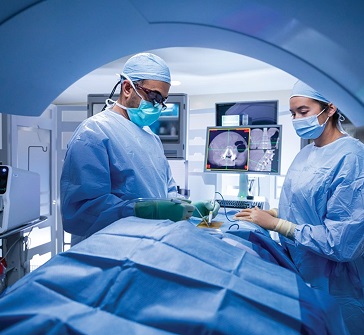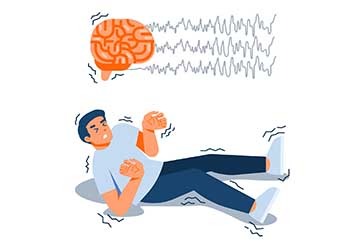 Book Appt.
Book Appt.
 Call Now
Call Now


Acute spinal cord injury (SCI) is a traumatic event that can have profound and life-altering effects on individuals. It occurs when there is sudden damage to the spinal cord, often resulting from accidents or severe trauma. Understanding the causes, effects, and treatment options for acute spinal cord injuries is crucial for both affected individuals and their caregivers.
Causes of Acute Spinal Cord Injury
Effects of Acute Spinal Cord Injury
Treatment and Management
Conclusion
Acute spinal cord injury is a life-changing event that requires a comprehensive and multidisciplinary approach to treatment and rehabilitation. While the effects of acute SCI can be profound, advances in medical care and rehabilitation techniques offer hope for recovery and improved quality of life. It's important for individuals with acute SCI, along with their caregivers and healthcare providers, to work together to develop a tailored treatment plan that addresses their unique needs and goals. With the right support and resources, individuals with acute SCI can embark on a journey towards recovery and adaptation to their new circumstances.
SHALBY Sanar International Hospitals provides extensive medical procedures backed up with our state-of-the-art technology and a team of highly qualified & experienced clinical experts.

Patient from Iraq gets treated by Dr. Harnarayan Singh | SHALBY Sanar International Hospitals

15 year old Patient from Liberia gets treated by Dr Harnarayan Singh | Neurosurgery & Spine Surgery

Mrs. Khalida Khaleel from Iraq Overcomes Degenerative Disc & Grade 1 Spondylolisthesis

Successful Treatment of a Patient from Uzbekistan for Degenerative Disc Disease and Back Syndrome

Surviving Stroke: Bipasha Banerjee's Testimony on Timely Intervention

Successful Intraoperation Neuro Monitoring on patient Hasan from Iraq

Successful removal of Glioma using advanced machines

A multidisciplinary care worked wonders for Ms. Akhtamova from Tajikistan

Treatment for Brain Aneurysm - Al Qumairi Saeed Mohsen Awadh from Yemen
Our doctors pen down their research findings and experiences from time to time. Their words provide deep insight into the latest techniques, technologies and other advancements in healthcare. It provides expert answers to all kinds of health questions for real-life issues.
VIEW ALL




Since the day of its foundation, SHALBY Sanar International Hospitals is committed to provide comprehensive healthcare services. It regularly organizes awareness programs in its premises and encourages outdoor healthcare activities and camps with an intent to put focus on preventive healthcare.
VIEW ALL